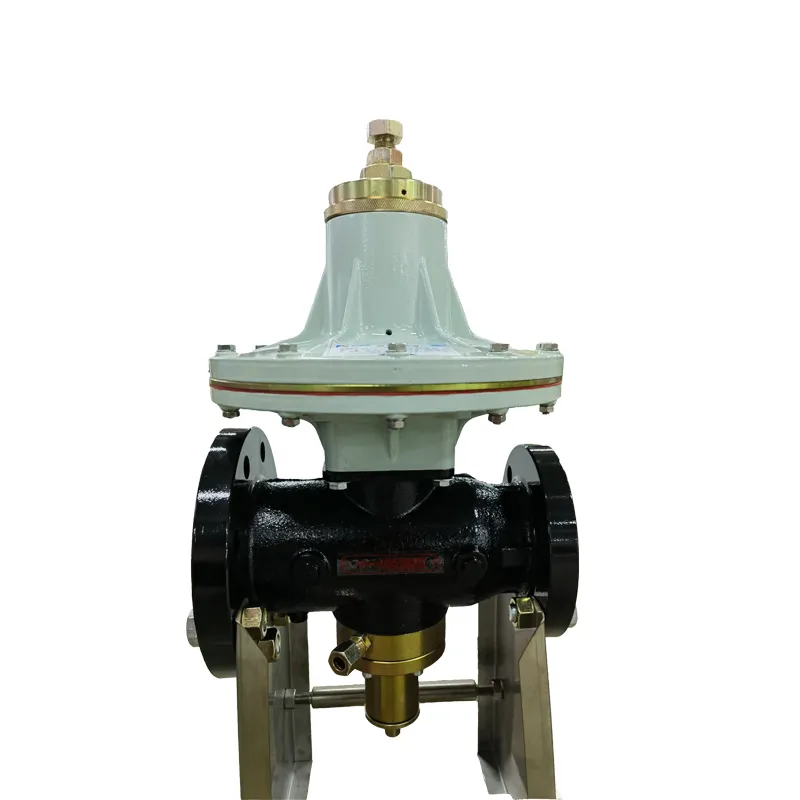
Dec . 27, 2024 09:02
Back to list
gas purifier
The Importance of Gas Purifiers in Modern Applications
In today's world, pollutants and hazardous gases are an ever-present concern due to industrial activities, increased vehicular emissions, and household usage of various chemicals. Gas purifiers have emerged as essential components in combating air pollution, safeguarding both human health and the environment. This article aims to explore the significance of gas purifiers, their operational mechanisms, and their varied applications across different industries.
Understanding Gas Purifiers
Gas purifiers are devices designed to remove impurities from gases, ensuring the delivery of clean, breathable air. They operate on various principles, including adsorption, absorption, and chemical reaction. Common materials used in gas purification include activated carbon, zeolites, and catalytic converters, which play pivotal roles in capturing and neutralizing harmful substances.
One of the primary functions of gas purifiers is to eliminate volatile organic compounds (VOCs), particulate matter, and other pollutants from the air. These harmful constituents can lead to respiratory problems, long-term health issues, and environmental degradation. Therefore, implementing effective purification systems is crucial for maintaining air quality and promoting public health.
Applications Across Industries
Gas purifiers find applications across multiple sectors, each contributing to a cleaner and safer environment.
1. Industrial Manufacturing In industries where gases are emitted as byproducts, such as petrochemical plants and metal smelting, gas purifiers are indispensable. They capture hazardous gases like sulfur dioxide (SO2) and nitrogen oxides (NOx), which are known to contribute to acid rain and respiratory ailments.
2. Automobile Industry Catalytic converters are a type of gas purifier extensively used in automobiles. These devices transform harmful exhaust gases into less harmful emissions. By converting carbon monoxide (CO) and hydrocarbons into carbon dioxide (CO2) and water vapor, catalytic converters significantly reduce the environmental impact of vehicular emissions.
gas purifier

3. Residential Use Gas purifiers also play a vital role in residential settings. Indoor air quality can be severely affected by cooking fumes, cleaning agents, and other household chemicals. Equipped with HEPA filters and activated carbon, home air purifiers effectively remove allergens, odors, and toxic gases, thereby ensuring a healthier living environment.
4. Food Industry In food processing, gas purifiers ensure that the gases used in operations such as freezing and packaging do not compromise food safety. They eliminate harmful gases that could lead to spoilage or contamination, ensuring that the end product remains safe for consumption.
5. Healthcare Facilities In hospitals and laboratories, gas purifiers are critical for maintaining sterile environments. They help in removing harmful gases and contaminants that could pose a risk to patients and staff. Moreover, specialized gas purifiers are essential in operating rooms to maintain air quality during surgical procedures.
Technological Advancements
The development of gas purification technologies has seen significant advancements in recent years. Innovations such as nanotechnology and advanced materials have led to more efficient and compact purification systems. For instance, nanomaterials can provide a larger surface area for adsorption, making them more effective in capturing pollutants.
Furthermore, the integration of smart technology into gas purifiers allows for real-time monitoring of air quality. These systems can alert users to elevated pollutant levels and automatically adjust purification processes accordingly. This not only enhances purification efficiency but also promotes energy savings.
Conclusion
As concerns about air quality and environmental health continue to grow, the role of gas purifiers becomes increasingly vital. These devices are not merely technological solutions; they are essential tools for creating a cleaner, healthier world. From industrial settings to residential homes, gas purifiers ensure that we can breathe easier and live healthier lives. Investing in advanced gas purification technologies is not just an option; it is a necessity for sustainable living. By prioritizing the use of effective gas purification systems, we can mitigate the adverse effects of air pollution and contribute to a healthier planet for future generations.
Latest news
-
Safety Valve Spring-Loaded Design Overpressure ProtectionNewsJul.25,2025
-
Precision Voltage Regulator AC5 Accuracy Grade PerformanceNewsJul.25,2025
-
Natural Gas Pressure Regulating Skid Industrial Pipeline ApplicationsNewsJul.25,2025
-
Natural Gas Filter Stainless Steel Mesh Element DesignNewsJul.25,2025
-
Gas Pressure Regulator Valve Direct-Acting Spring-Loaded DesignNewsJul.25,2025
-
Decompression Equipment Multi-Stage Heat Exchange System DesignNewsJul.25,2025

